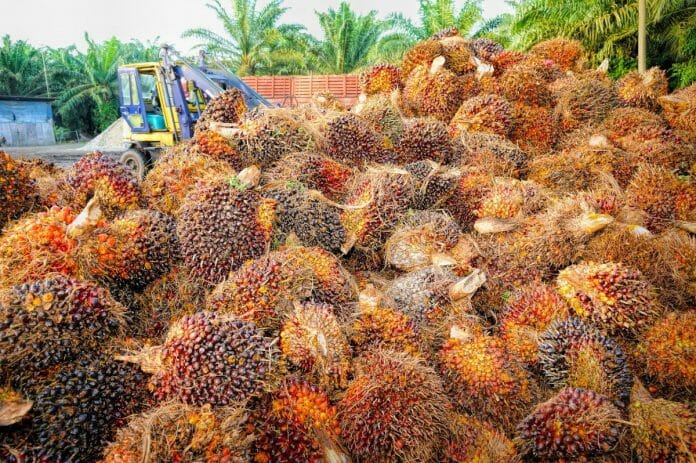Lestari Capital has launched the Rimba Collective which is a new forest conservation initiative by buyers and processors of palm oil in Southeast Asia (SEA).
Its role in the environmental finance sector is to conserve and restore the world’s ecosystems by connecting conservation projects with responsible financing in the global marketplace.
Additionally, the Rimba Collective aims to create a self-sustaining and scalable financial mechanism that will invest in forest conservation and embed it as a cost of doing business which started in an area in Indonesia.
“By creating a self-sustaining and scalable financial mechanism, Rimba Collective will make investment in conservation an embedded cost of doing business.
Industry leaders, conservation project partners, and local champions are contributing to Rimba Collective to tackle the sustainability challenges and forest positive opportunities around palm oil supply chains,” Founder and Director of Lestari Capital, Mike Zrust said.
According to Intertek, palm oil is the most widely used vegetable oil and a common ingredient found globally in many food and personal care products. Due to the growing populations and demand for products, the need for palm oil has never been higher and is forecasted to increase.
SEA’s Regional Director of Tropical Forest Alliance, Rizal Algamar has highlighted that the economy’s livelihood and well-being all depends on nature thus the economy is embedded in it.
“It is very encouraging to see stakeholders working together into one single platform by building a community of purpose, development of shared gender, strengthening the enabling environment conservation, and capitalising on government leaders and also in the private sector,” he concluded.
In accordance for sustainable palm oil, the Malaysian Palm Oil Council (MPOC) has launched the Malaysian Sustainable Palm Oil (MSPO) scheme based on the MSPO standards (MS2530:2013 series), and provides general principles for the production of sustainable palm oil that covers the 3Ps (People, Planet, Profit) in Malaysia.









